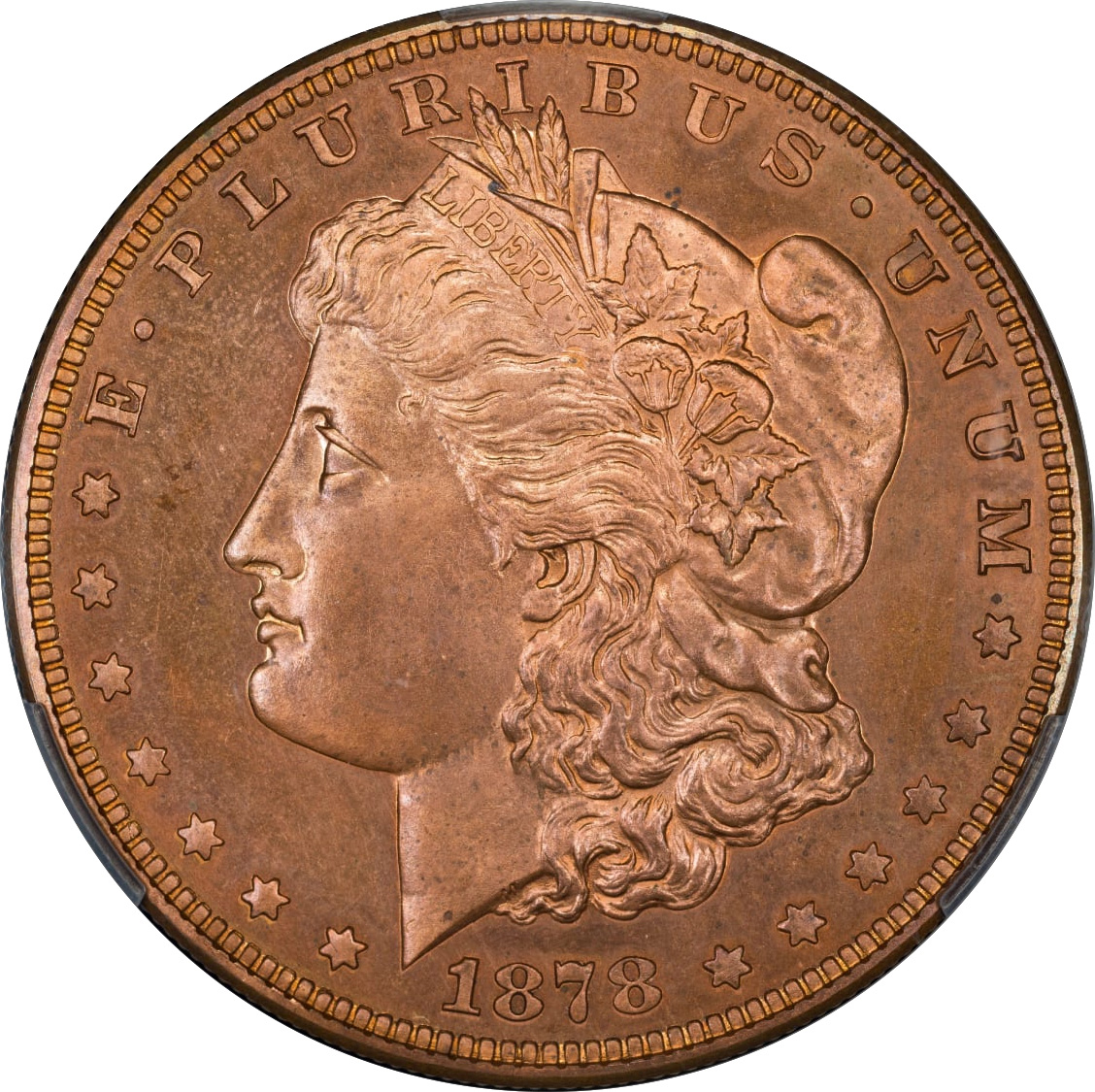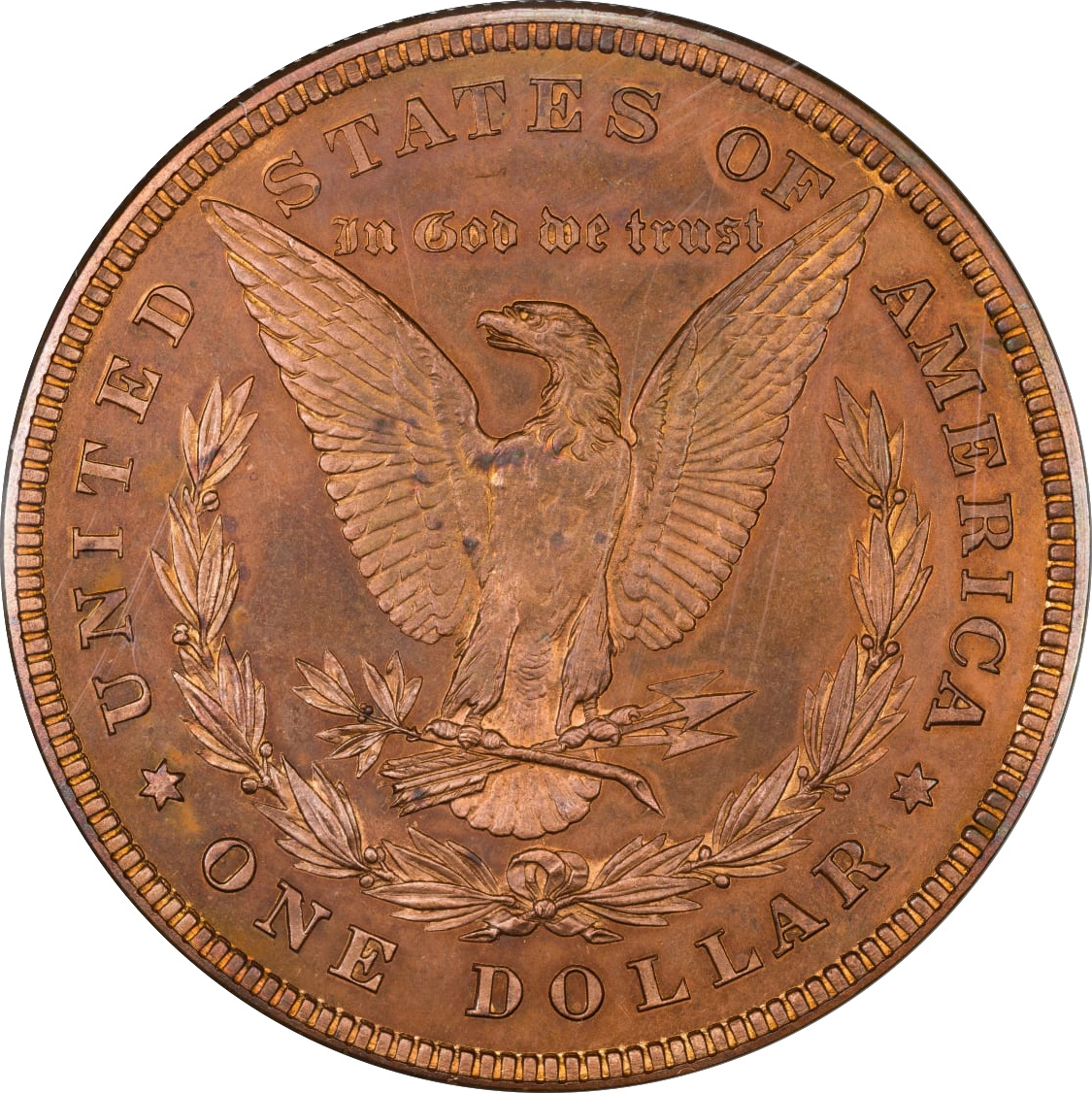 In 1878, a series of significant events unfolded that would influence various aspects of society and technological development.
In 1878, a series of significant events unfolded that would influence various aspects of society and technological development.
 One of the most notable technological advancements was the patenting of the phonograph by Thomas Edison on February 19, marking a pivotal moment in the history of sound recording and reproduction. This invention laid the groundwork for future developments in audio technology, demonstrating Edison's genius and foresight in recognizing the potential of sound recording.
One of the most notable technological advancements was the patenting of the phonograph by Thomas Edison on February 19, marking a pivotal moment in the history of sound recording and reproduction. This invention laid the groundwork for future developments in audio technology, demonstrating Edison's genius and foresight in recognizing the potential of sound recording.
 Additionally, the world's first telephone exchange began commercial operation in New Haven, Connecticut, on January 28. This development was crucial in the evolution of communication technology, facilitating more efficient and direct communication between individuals and businesses and contributing significantly to the modern telecommunications landscape.
Additionally, the world's first telephone exchange began commercial operation in New Haven, Connecticut, on January 28. This development was crucial in the evolution of communication technology, facilitating more efficient and direct communication between individuals and businesses and contributing significantly to the modern telecommunications landscape.
 The year also saw the introduction of the Bland–Allison Act on February 23, leading to the first minting of the Morgan dollar, which highlights an important moment in U.S. monetary history. Furthermore, significant educational and cultural advancements occurred with the creation of Mississippi State University on February 28 and the founding of the University of California, Hastings College of the Law on March 26, expanding educational opportunities and contributing to the intellectual growth of the nation.
The year also saw the introduction of the Bland–Allison Act on February 23, leading to the first minting of the Morgan dollar, which highlights an important moment in U.S. monetary history. Furthermore, significant educational and cultural advancements occurred with the creation of Mississippi State University on February 28 and the founding of the University of California, Hastings College of the Law on March 26, expanding educational opportunities and contributing to the intellectual growth of the nation.
 These events, among others in 1878, reflect a period of significant technological, cultural, and educational advancement in the United States, laying the groundwork for further developments in the years to come.
These events, among others in 1878, reflect a period of significant technological, cultural, and educational advancement in the United States, laying the groundwork for further developments in the years to come.



